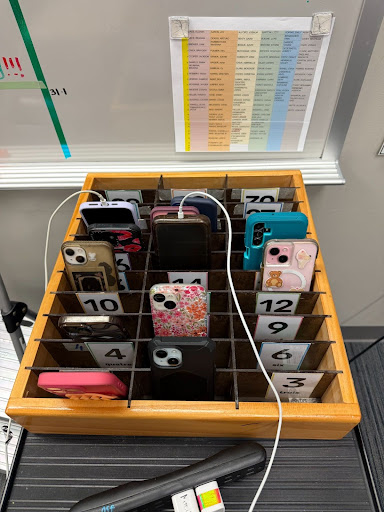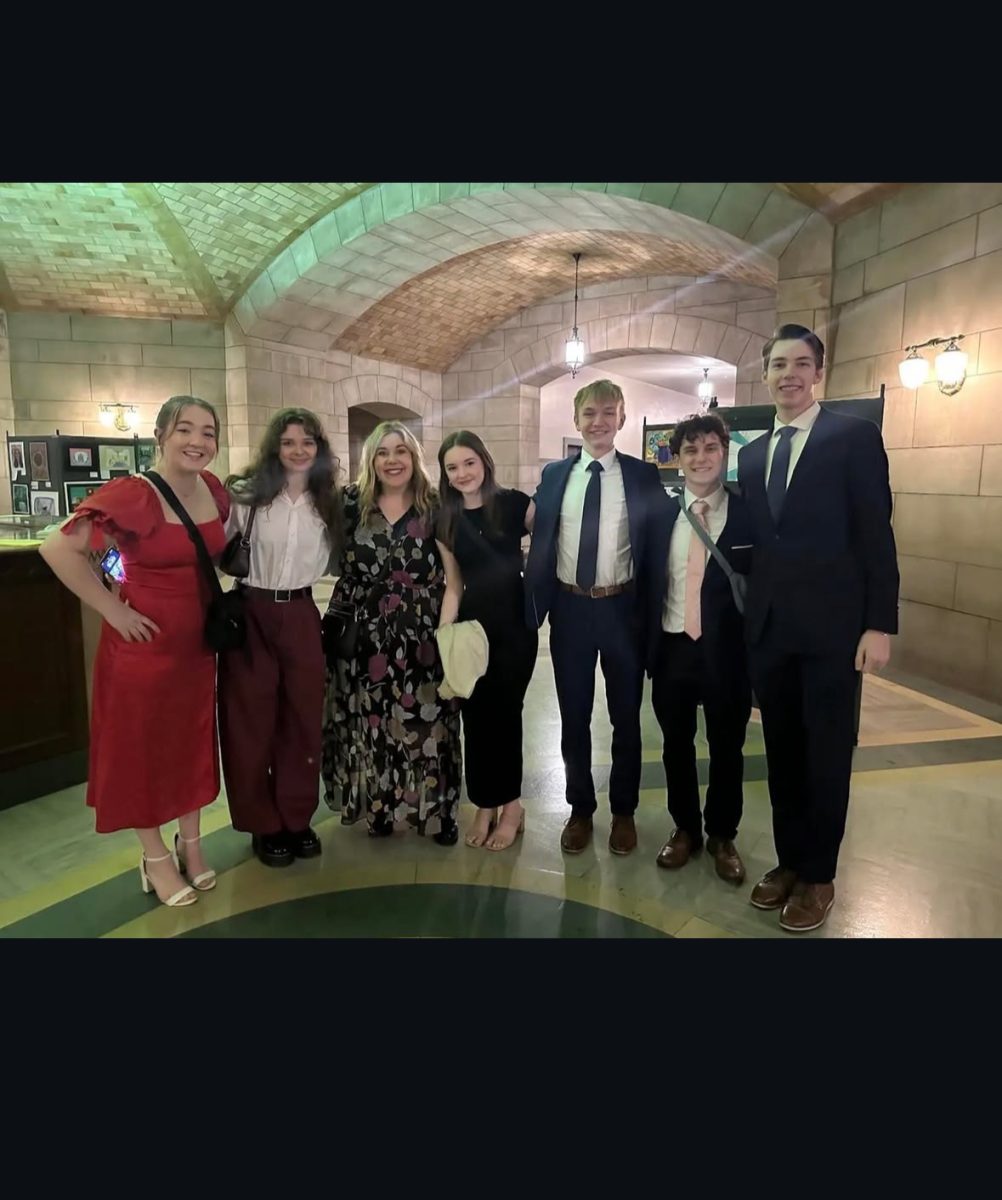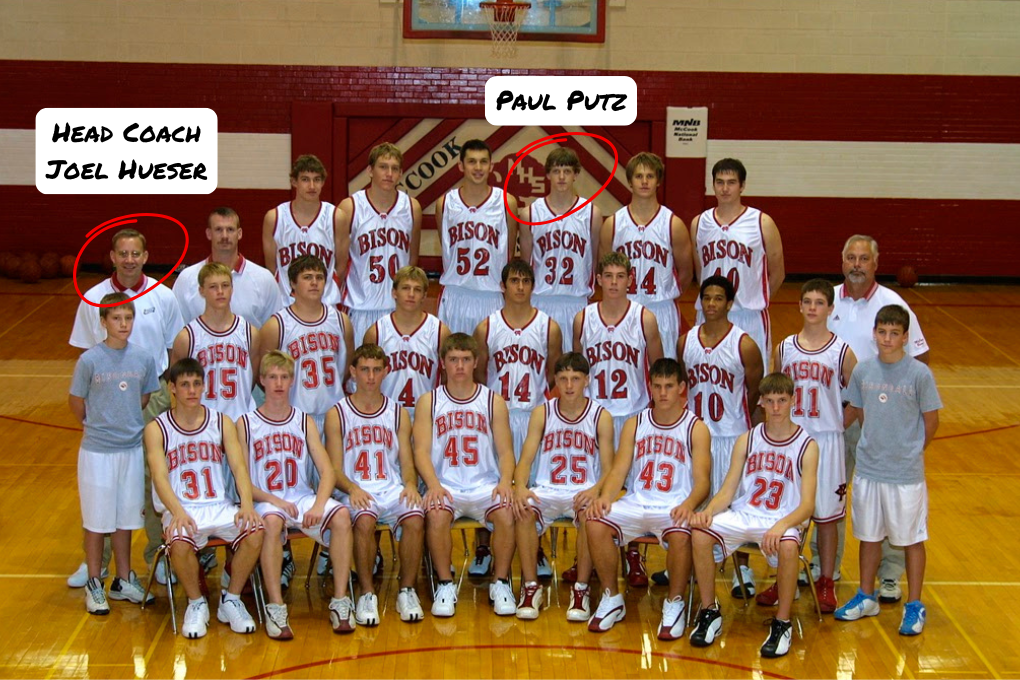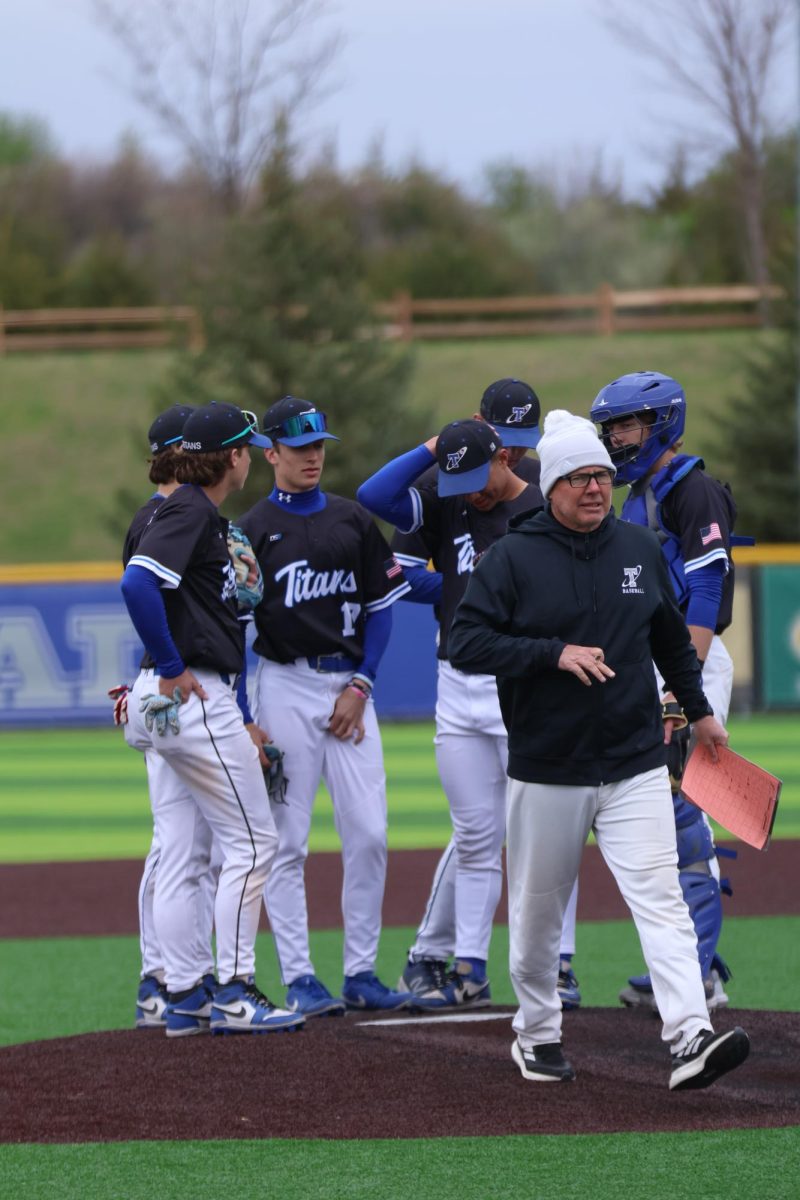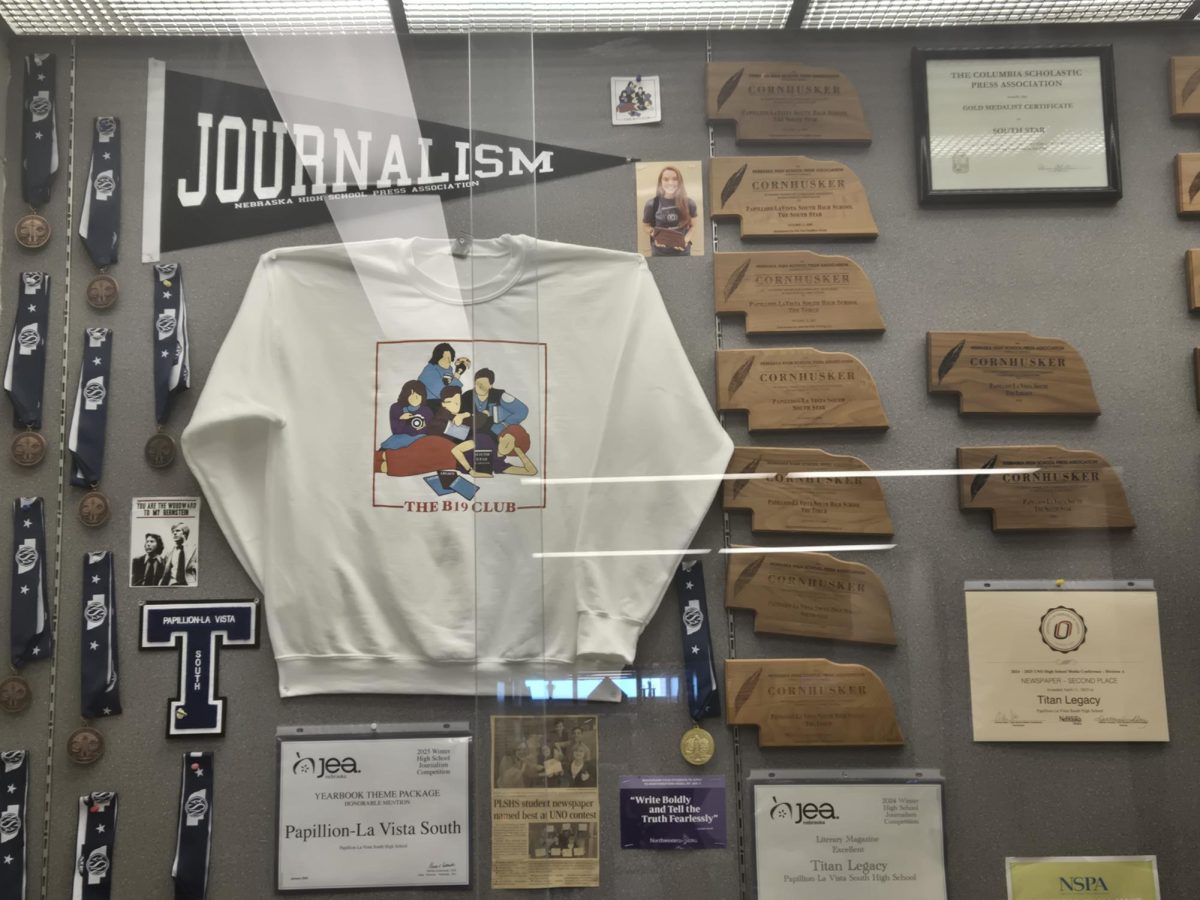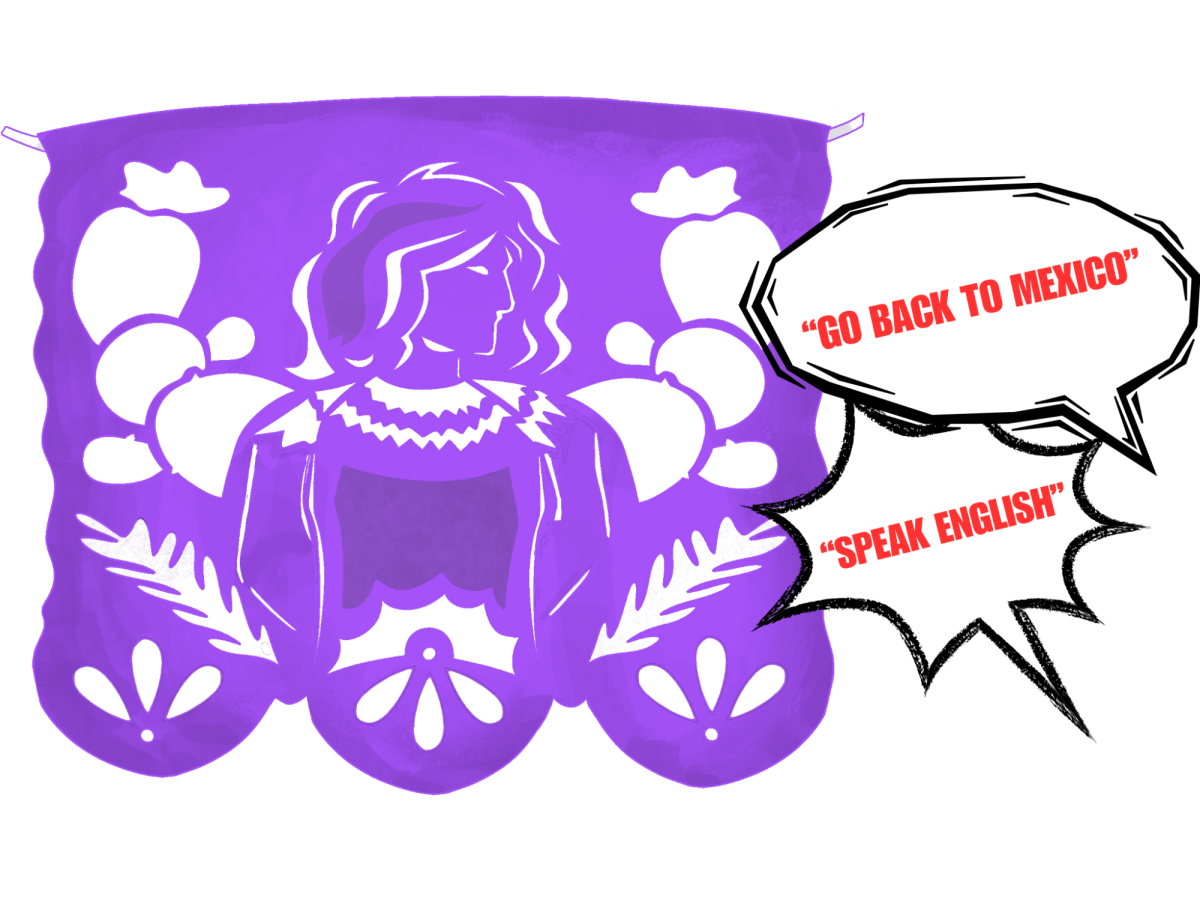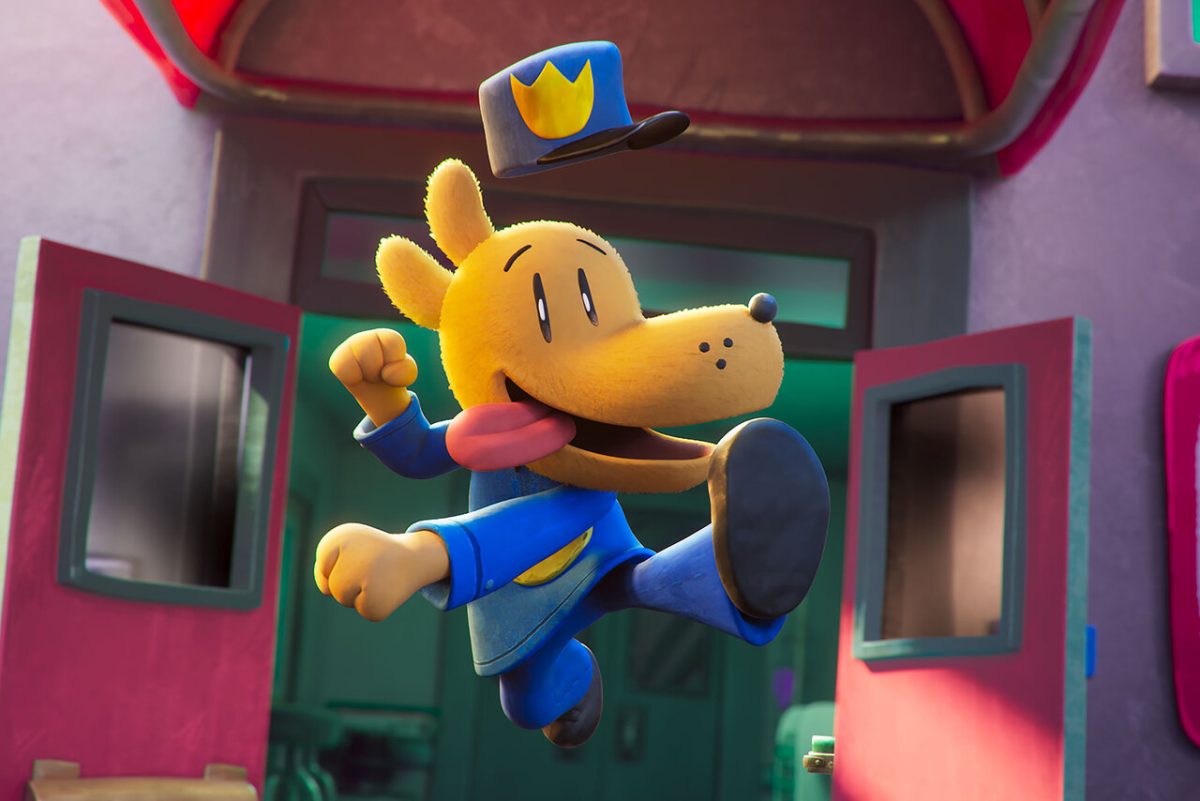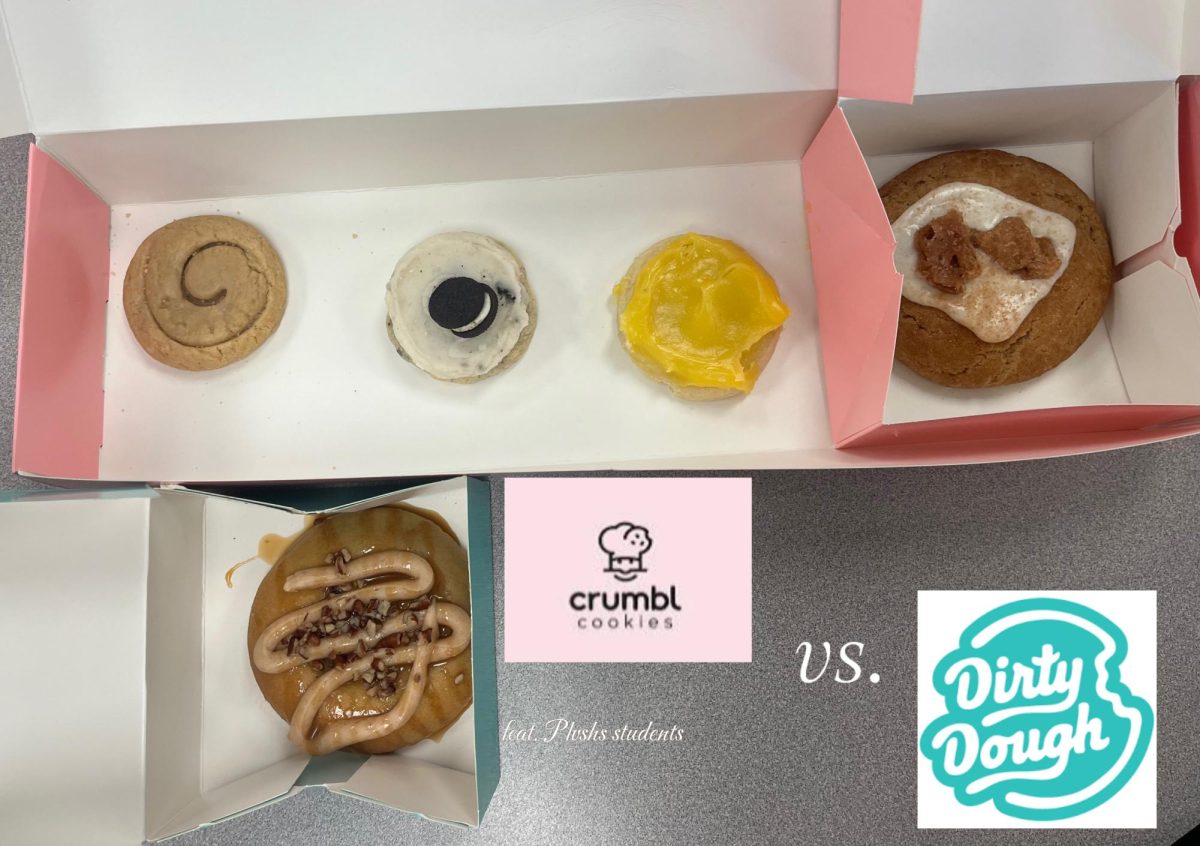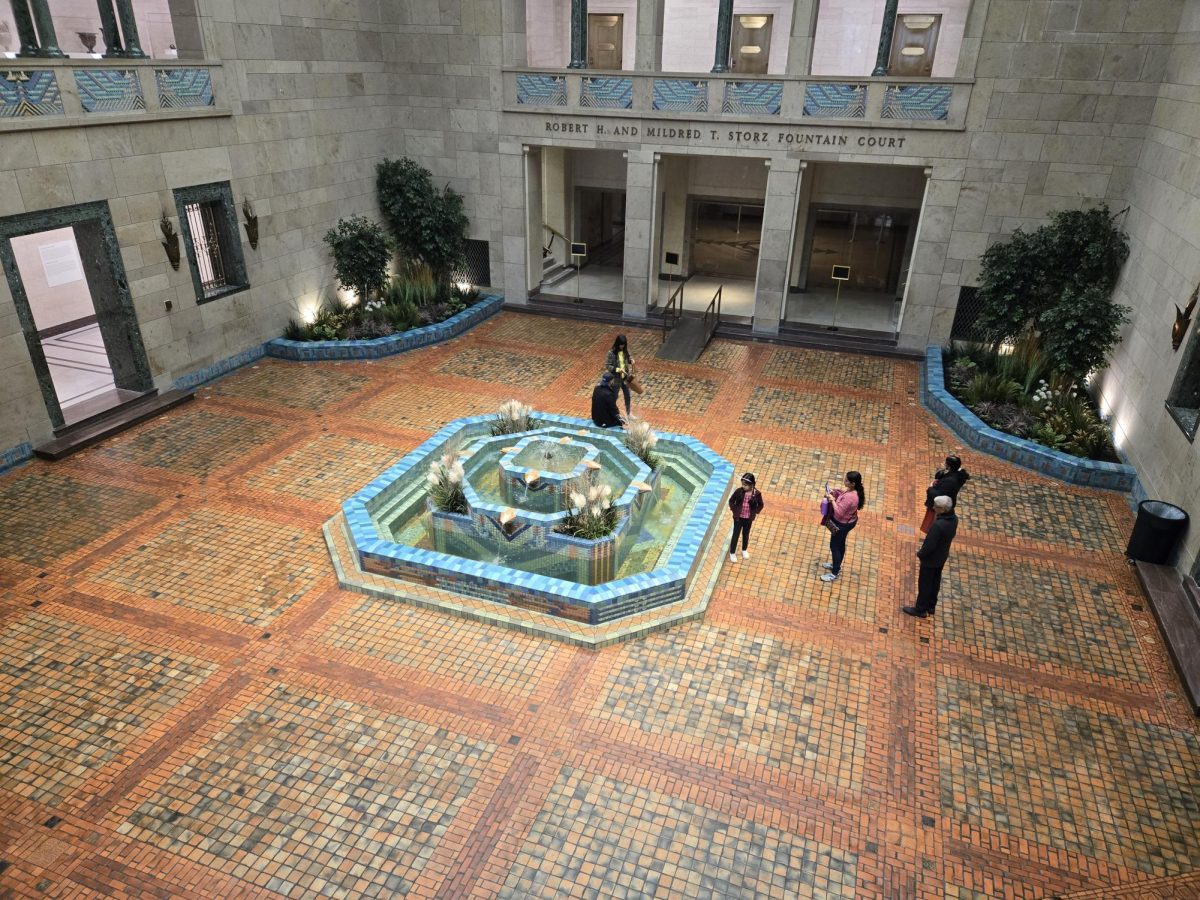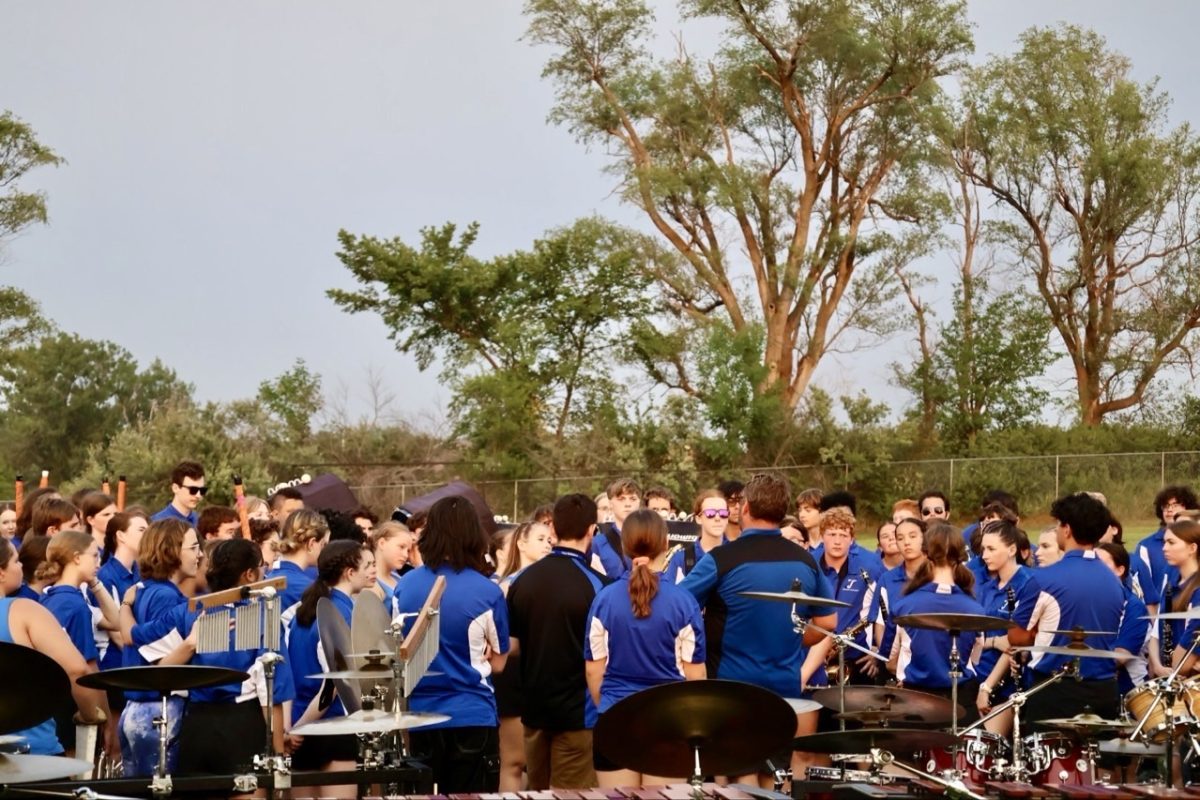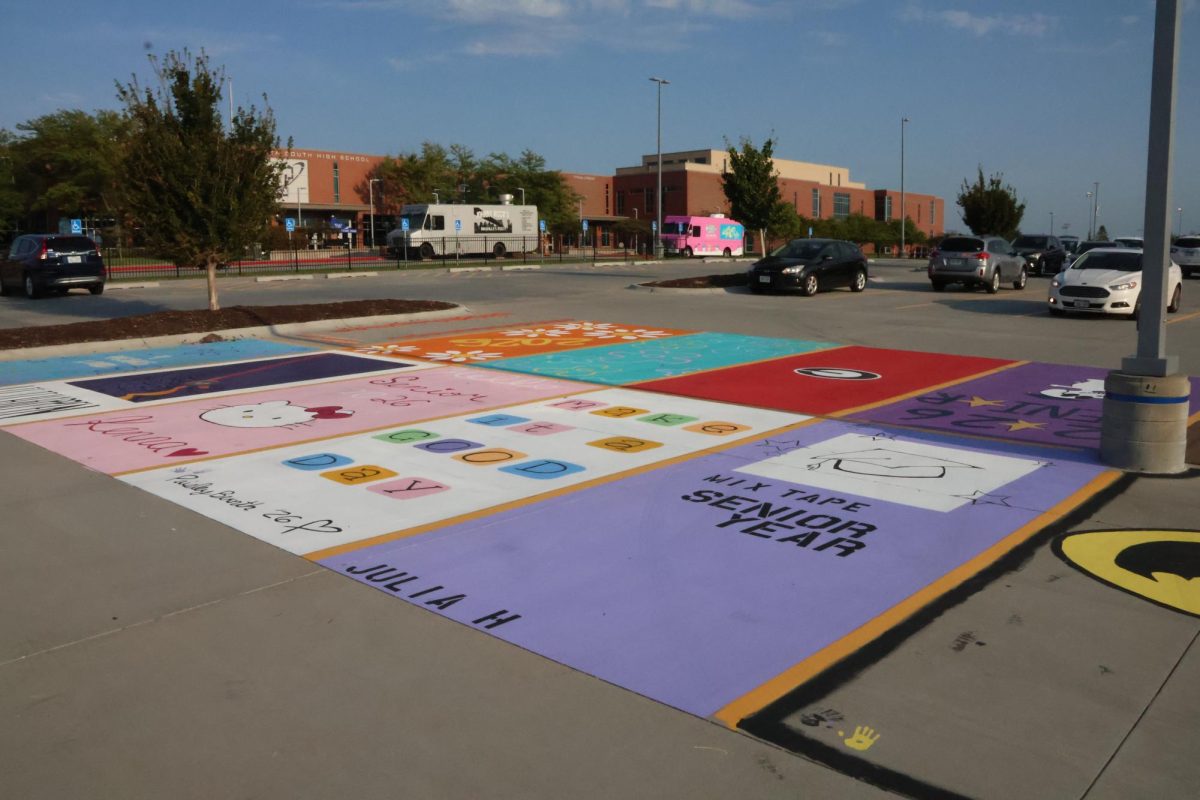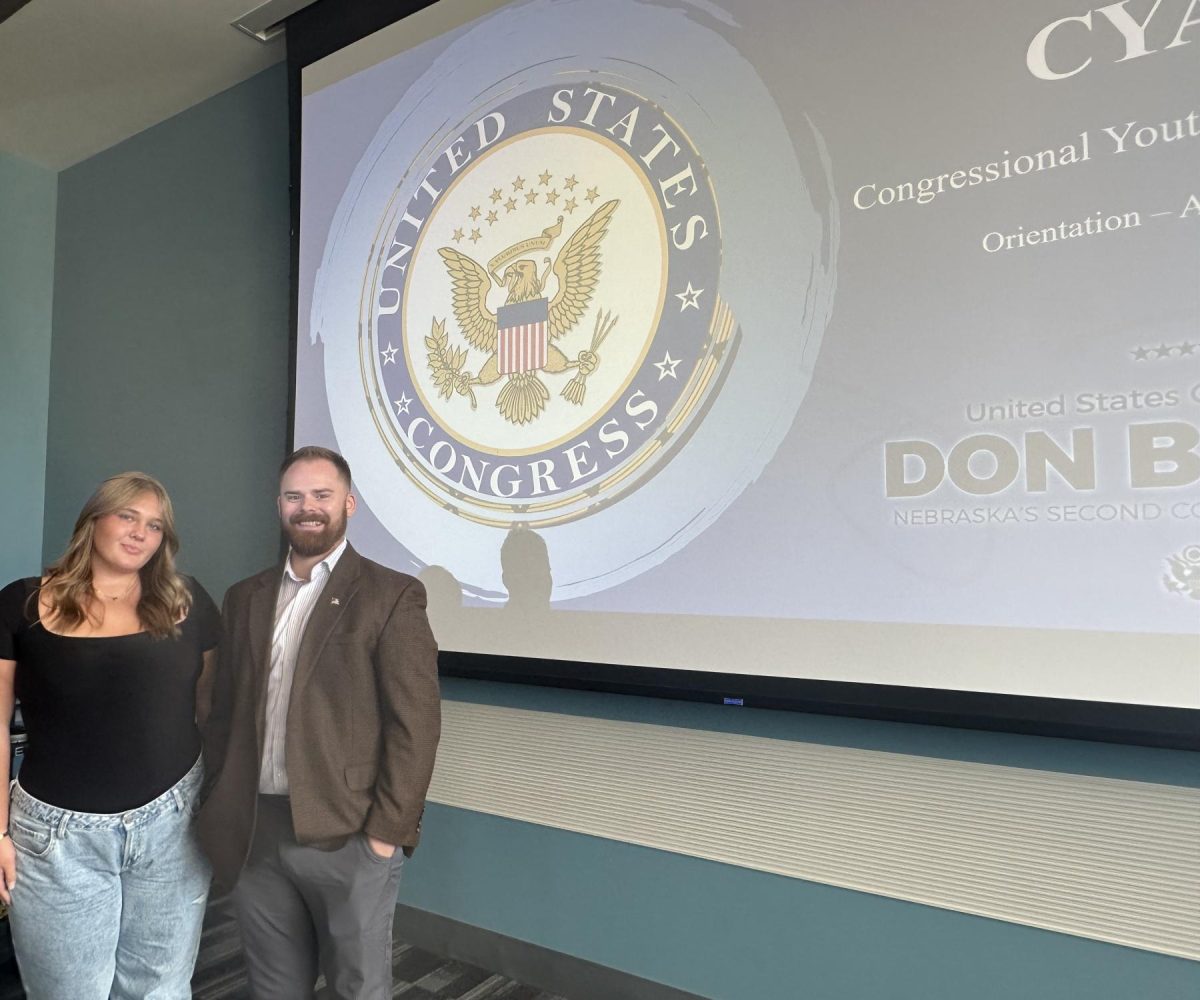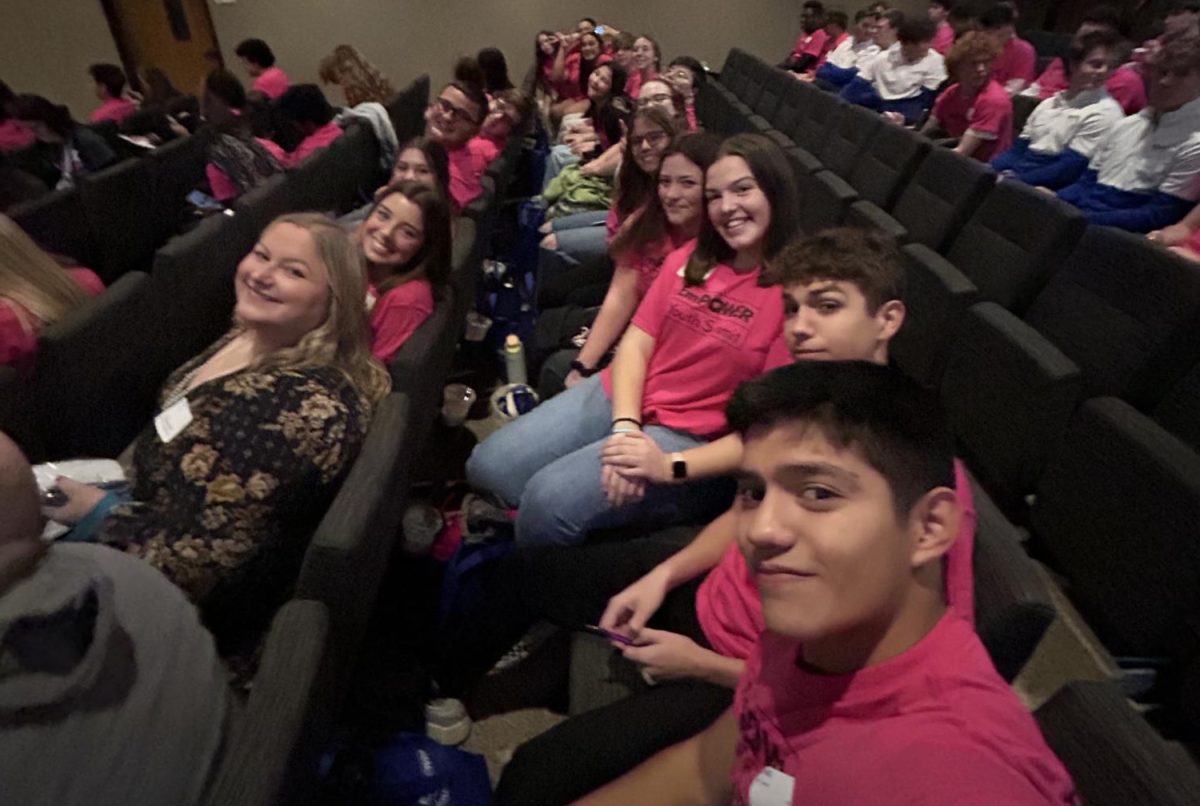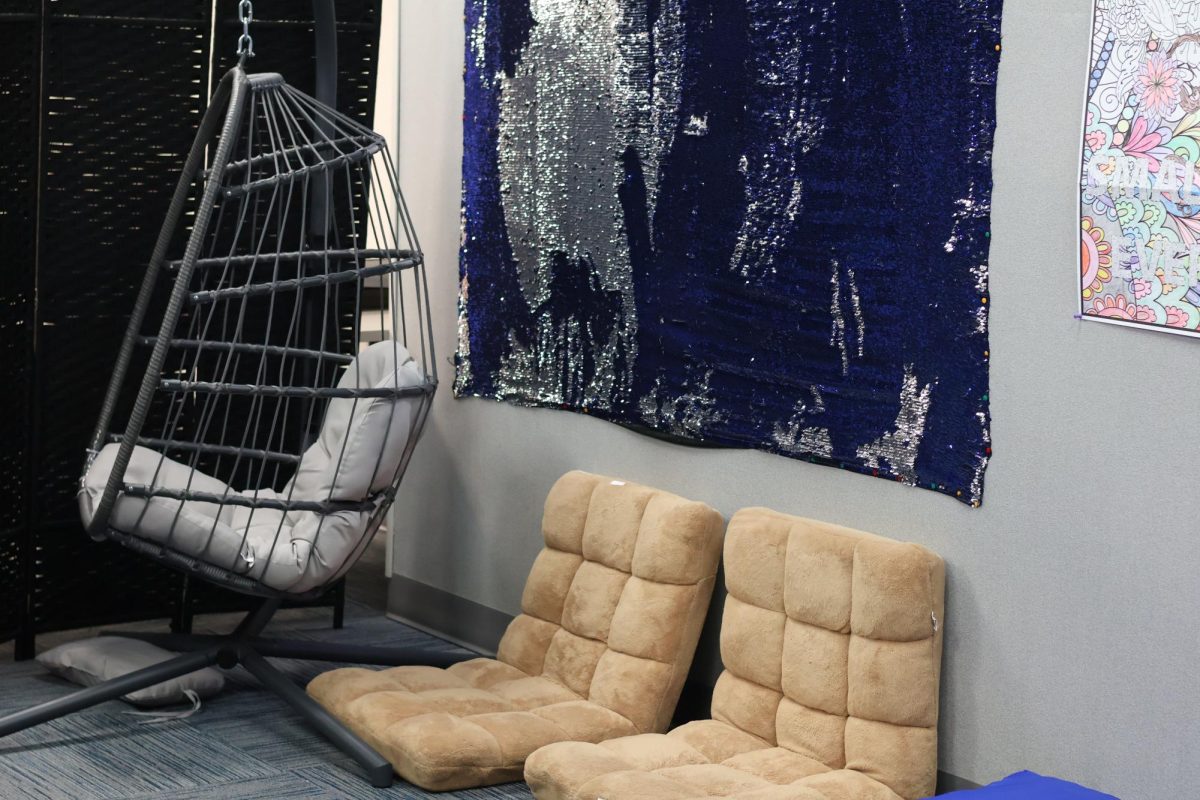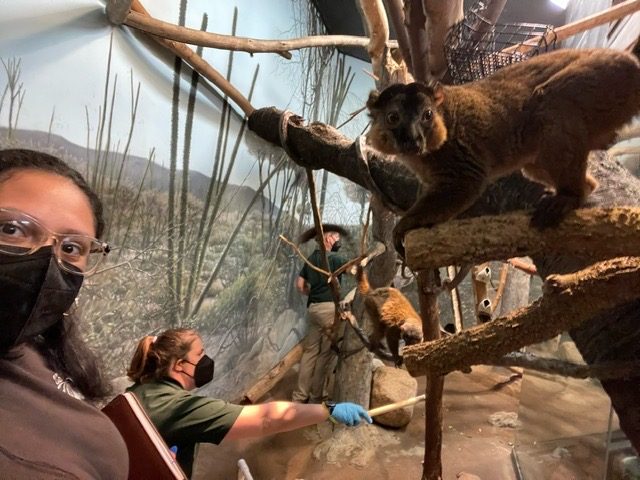The Omaha Henry Doorly Zoo draws nearly 850,000 visitors between Memorial Day and Labor Day, the unofficial bookends of summer. This makes the zoo a popular location for students getting out of school. For Zoo Academy students, however, they’ve spent the school year there, learning the ins and outs of animal care and developing an insider perspective.
One of the unique opportunities that gives Zoo Academy seniors an insider perspective is shadowing. Shadowing allows students to work alongside zookeepers and animal-care professionals
Senior Sha’uri Sanchez, a second-year Zoo Academy student, said she was the first to shadow in the Madagascar section of the zoo since COVID. This summer, she can be found working part-time at concessions.
Sanchez, who plans to stay on the animal pathway, explained how her academy experience revealed the effort and dedication needed to work at the zoo.
“There’s so much more than what people see on the outside. There’s actual relationships [zookeepers] build with the animals and just everyone in general,” Sanchez said.
Sanchez said she would point out these relationships to visitors who might not otherwise notice.
“Sometimes you just see a zookeeper feeding an animal, but it means so much more to them than they realize. Knowing that an animal can trust them and then them having the opportunity to actually take care of them,” Sanchez explained.
Working alongside zookeepers, Sanchez learned some hidden tricks for the animals.
“One of my favorites is that [the zookeepers] use perfume for the bats,” Sanchez said.
“The perfume they use is for the exhibit and it is enrichment based so [the bats] can use their senses,” Sanchez said. “Most of the time the perfume has a fruity smell to them, and they just do a few sprays around the exhibit.”
After learning from zookeepers and conducting her own research, Sanchez was able to present some of her findings, which also aided her public speaking skills.
“I still tend to get nervous, but it’s definitely helped me like less of my stuttering problems and just be confident in myself. I’ve worked hard for what I’ve researched, and I know what I’m talking about,” Sanchez said
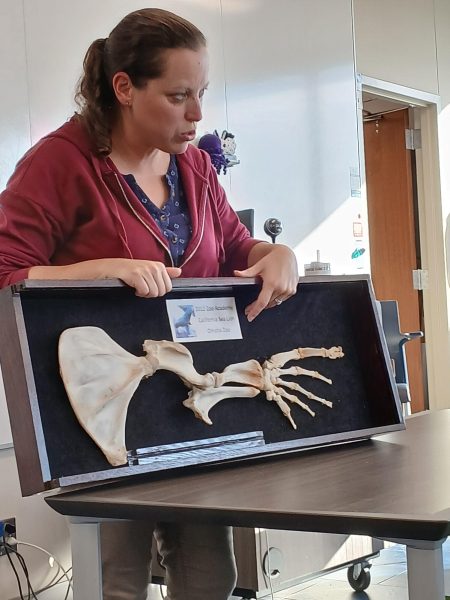
According to Leah Litz, Education Program Manager of Schools & Visitors for Omaha’s Henry Doorly Zoo and Aquarium, giving students the chance to present their knowledge and act as zoologists added to the zoo’s opportunities to bring learning to life.
“Those experiences make learning more real for students, really capitalizes on students’ passion, and gives them a platform and a jumping off point for their next step in pursuing higher education in STEM fields,” Litz said.
Litz described Zoo Academy as a great way for students to get their foot in the door for even more opportunities.
“Once you’re in Zoo Academy, there’s a lot of doors that can open up for students and for you to get to know the staff that’s here at the zoo. Then, you can take an opportunity to stay connected in a way that suits you as the student, what your interests are, and what you’re looking to accomplish for your next step,” Litz said.
Second-year Zoo Academy student Ely Jones, a senior, spent class time working in the alligator exhibit to study the American Alligators’ behavior and how their enclosure usage changed with the seasons.
“I noted any changes in the temperature or basic routine,” Jones said. “I also recorded the amount of guests that were visiting their exhibit.”
The study had eight different alligators and lasted from late October to mid-February.
“I made ethograms, heat maps, and bar graphs to show how the different variables changed in each individual alligator,” Jones explained. “I hope that the data will be able to help the zoo keepers better understand their social structure.”
Jones’ case study ended up placing her first at the Metropolitan Science and Engineering Fair in Animal Science: Animal Behavior category.
First-year Zoo Academy student Virgil Yelovich, a junior, said the academy played a significant role in preparing students for a future career in an animal-related career.
“They constantly have people coming in, whether it be for jobs at the zoo or just jobs working with animals in general. They have people coming talking to us and being like, ‘Hey, you should apply,’ ‘Here’s how’, and ‘Here’s what we want,’” Yelovich said.
For Zoo Academy students, obtaining these jobs can be very possible. Senior Bella Olson, who has shadowed at vet clinics and studied the vet science pathway, said finding internships and shadowing opportunities was just a matter of confidence.
“The teachers know people, and it’s very easy for you to say, ‘Hey, I am thinking about working in this area. Can you give me the contacts to this person to be able to see if they have anything available?’” Olson explained. “It’s just a matter of actually having the courage to go out and ask rather than just thinking about it constantly.”
Academy students often describe their time shadowing as their most memorable experience at the zoo.
“So many babies I’ve seen and so many eye-opening moments … The public doesn’t really see what goes on behind the scenes, and me being given the opportunity to [do that] has just been so amazing, and it’s just an opportunity I’ll never forget,” Sanchez said.
For Olson, shadowing ended up revealing that vet science wasn’t a path she wanted to continue pursuing.
“[Zoo Academy] gives you that behind-the-scenes look at what it’s really going to be like in those career fields. It’s not just romanticized like, ‘Oh, I get to hang out with animals all day,’ ‘I get to do this,’ ‘I get to do that,’” Olson said.
Despite her change of course, Olson still recommended the academy to anyone interested in an animal-related career.
“Just apply. You never know if you’re going to like it or not unless you actually go and try it,” Olson said.
Olson appreciated the difference between classes taken at the zoo compared with classes taken at the high school.
“[Zoo] classes are a lot smaller, and it’s a lot more focused on the students rather than just getting through the curriculum,” Olson said.
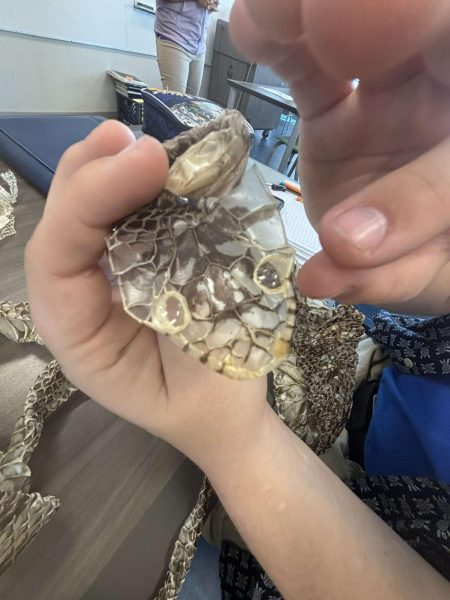
As program manager for the zoo, Litz ensured she worked collaboratively with students on their schedule and classes to build experiences that best suited their interests.
“Every class that we have here at the zoo follows the state standards and the basic curriculum you would see in your home high school, but with a zoo twist,” Litz explained. “Everything is turned up another notch where we’re getting real-world experiences into students’ hands, giving them a chance to really see how that curriculum and that subject plays into the real world.”
In addition, the classes at the zoo follow a block schedule, with students attending either morning or afternoon classes. This has forced students to stay on top of their work but also allowed for more variety each day.
“Even though it’s sometimes hard with the split, it is also like an early release in a way. It gives you a nice break, and you go to a different place instead of being in the same place all day,” Yelovich said.
To all those considering Zoo Academy, Yelovich strongly recommended the experience.
“Do it, do it, do it, do it,” Yelovich encouraged. “It’s probably the best choice I think I’ve made.”



